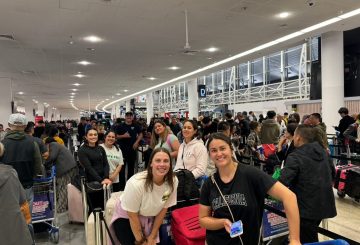First-home buyers often wonder why paying $750 a week in rent isn’t enough to show banks they can afford a mortgage. The answer isn’t simple.
A $750 weekly payment would cover a loan of $540,000 at a 6% interest rate. To qualify, a household with two income earners and two kids would need to earn around $115,000 a year, depending on other costs.
Research shows that areas with lower house prices have smaller differences between average rent and mortgage payments. However, Jeremy Andrews from Key Mortgages explains that banks consider many factors when checking if someone can repay a mortgage. There are additional costs beyond the $750 payment. For example, rates and insurance could add about $100 a week to the mortgage payment.
Maintenance is another cost. When renting, landlords take care of this, but homeowners need to pay for it themselves. Banks also test whether borrowers can handle higher interest rates than those advertised. They apply a “test rate” usually 2% higher than current rates to see if borrowers can afford the mortgage over time.
If someone is buying a bigger home, they might include income from renting out a room to help their chances of getting a loan. Adviser Glen McLeod notes that banks review all a borrower’s financial obligations and use stress tests to make sure they can afford the mortgage long-term. This includes costs like life or mortgage protection insurance.
In July, first-home buyers made up 21.2% of new home loans. This year, the average weekly rent in New Zealand is 22% of the average household income. In comparison, a household earning $115,000 would spend about a third of their before-tax income on a $750-a-week mortgage.





























































